
WFH Worker Wants To Relocate To Grieve Loss With Family, Gets A “Cold Reminder” Instead
Interview With ExpertWorking remotely has never been this easy and omnipresent. In August 2023, 12.2% of all workers in the U.S. worked from home and more than 4.7 million worked remotely at least half of the time. Yet not all employers are so understanding when it comes to letting their workers do the job remotely.
Some even don’t bend the rules when tragedy strikes in the family. This person’s company denied them permission to work from home after their mother passed away. Angry and disappointed, the person took to the r/antiwork subreddit to share their story.
To find out more about what a person could do in this situation, Bored Panda reached out to Louise Carnachan. She’s an organization development consultant and award-winning author of Work Jerks: How to Cope with Difficult Bosses and Colleagues, and she kindly agreed to lend us her expertise. Read her insights below!
More info: Louise Carnachan | LinkedIn | Facebook
An employee asked to work remotely while grieving their mother, but their company said ‘No’
Image credits: Thought Catalog / unsplash (not the actual photo)
Irritated and fed up, the worker shared their employer’s absurd take online
Image credits: Ivan Samkov / pexels (not the actual photo)
Image credits: Sora Shimazaki / pexels (not the actual photo)
Image credits: tr3mbling
Despite the company’s bereavement policy, they come across as heartless in this situation
Image credits: Kaboompics.com / pexels (not the actual photo)
Organizational expert Louise Carnachan tells Bored Panda that most companies that are large enough have a bereavement policy that should give employees a certain amount of days off after a loved one passes.
“How much time off may depend on which family member it was, for example, a parent or child vs. sibling,” Carnachan explains. “Given that it was the mother and they worked in a financial institution, I assume PTO was provided although it may have only been a few days.”
“Depending upon the organization, managers may have discretion about the amount of bereavement time granted and whether additional accommodations can be made. It sounds like the manager in this instance was following a strict relocation policy,” Carnachan notes.
“But it’s not clear whether the employee had moved to an area that is not part of the company’s ‘footprint’—or even whether the employee and boss had spoken in advance about the necessity for remote work and a timeframe. Regardless, the manager in this situation comes across as heartless,” she observes.
If a company has more than 50 employees, they must offer FMLA (Family and Medical Leave). “A company’s bereavement policy may be insufficient to handle the fallout of a [passing], however, a [passing] may not fulfill the requirements to access FMLA,” Carnachan explains.
‘Since specific conditions must be met to access it, speaking to the company’s FMLA administrator is important,” she adds.
“In addition, some states have leave laws that go beyond FMLA. While FMLA protects an employee from losing employment under specific conditions, it is unpaid leave. The employee may use their PTO while on FMLA or the employer may require it be used.”
WFH is not the same as bereavement policies and FMLA, but it’s likely to stay for a long time
The author emphasized how they had worked from home in the past and couldn’t understand why the company wouldn’t let them do it again in time of need. Louise Carnachan notes that bereavement policies and FMLA are different from WFH policies. “They are all separate issues,” she says.
With big companies like Amazon asking their employees to return to the office full-time, many have started to wonder whether this will trickle down and result in a crackdown on WFH policies on a larger scale.
“WFH has a long history of contentiousness,” Carnachan notes. “Those who support it say productivity is higher outside the office with fewer distractions and they have better work/life balance without a commute. Additionally, there can be flexibility in when one is working.”
“Those who decry WFH say that it erodes company culture, teams don’t work as well together and informal communication that leads to innovation doesn’t naturally arise, among other things,” Carnachan adds.
“The problem is it’s very hard to quantify anything but task completion. We don’t have good data on the effects of in-person communication or building relationships and how that affects the bottom line—and it’s impossible to quantify missed opportunities.”
“Even with the ups and downs of remote work we read about, it’s likely that a range of hybrid work will be the norm for many businesses,” Carnachan believes.
“It’s unbelievable we have to think about things like these when our lives are turned upside down,” people commented
Poll Question
Thanks! Check out the results:
Not all bosses. My sister lives in UK, and when it became evident that my mother's cancer would carry her away, my sister asked for permission to work from France. Her boss said no problem, as long as the work is done. Same when my Dad fell ill 2 years later. She'd been WFH since Covid, anyway.
Yep dame here in ireland. One company I worked for did have some restrictions on where you could work from which was fair enough as it was due to licensing issues in other countries. Even with a vpn I couldn't log into my work from some countries. But they gave me as much paid time off as I needed due to a bereavement. Any companies I've worked for since I've had no issues so long as the work is being done. I don't think I could work for a company that treated employees the way I'm constantly reading about on reddit.
Load More Replies...It is ALL about controlling the employees. If your job can be done remotely there is no reason why it shouldn't be. If your job only needs you on premises a few days a month, the employee should be able to do that. Companies hire adults yet turn around and treat them like naughty children. IS the job getting done? Are they producing good work? Then if they can do it from home, step off and let them continue. Trust the people you hired are doing what you hired them to do and for those that you do not think are doing the job, deal with them individually, you don't need to make stupid sweeping policies.
While it's usually a control issue, sometimes it's a tax problem. Whatever state you're WFH in wants income taxes, and the state your employer has a presence in might withhold taxes which you don't actually owe. Now you have to file two returns and might have to pay taxes out of pocket until the withholding refund from the other state comes in, but people don't realize that so they start howling at their employer. The employer now has to figure out what to do, which gets complicated. Span that out across 50 states and it gets expensive to manage. Large corporations that have a presence in most states can handle it pretty well but some mid-tier corp that only spans 2 or 3 states can find it getting messy pretty quick.
I’m curious. My impression, and it could be wrong, was the relocation was lengthy but not permanent. Would a temporary relocation matter if OP was maintaining his original permanent residence?
Load More Replies...Not all bosses. My sister lives in UK, and when it became evident that my mother's cancer would carry her away, my sister asked for permission to work from France. Her boss said no problem, as long as the work is done. Same when my Dad fell ill 2 years later. She'd been WFH since Covid, anyway.
Yep dame here in ireland. One company I worked for did have some restrictions on where you could work from which was fair enough as it was due to licensing issues in other countries. Even with a vpn I couldn't log into my work from some countries. But they gave me as much paid time off as I needed due to a bereavement. Any companies I've worked for since I've had no issues so long as the work is being done. I don't think I could work for a company that treated employees the way I'm constantly reading about on reddit.
Load More Replies...It is ALL about controlling the employees. If your job can be done remotely there is no reason why it shouldn't be. If your job only needs you on premises a few days a month, the employee should be able to do that. Companies hire adults yet turn around and treat them like naughty children. IS the job getting done? Are they producing good work? Then if they can do it from home, step off and let them continue. Trust the people you hired are doing what you hired them to do and for those that you do not think are doing the job, deal with them individually, you don't need to make stupid sweeping policies.
While it's usually a control issue, sometimes it's a tax problem. Whatever state you're WFH in wants income taxes, and the state your employer has a presence in might withhold taxes which you don't actually owe. Now you have to file two returns and might have to pay taxes out of pocket until the withholding refund from the other state comes in, but people don't realize that so they start howling at their employer. The employer now has to figure out what to do, which gets complicated. Span that out across 50 states and it gets expensive to manage. Large corporations that have a presence in most states can handle it pretty well but some mid-tier corp that only spans 2 or 3 states can find it getting messy pretty quick.
I’m curious. My impression, and it could be wrong, was the relocation was lengthy but not permanent. Would a temporary relocation matter if OP was maintaining his original permanent residence?
Load More Replies...
 Dark Mode
Dark Mode 

 No fees, cancel anytime
No fees, cancel anytime 







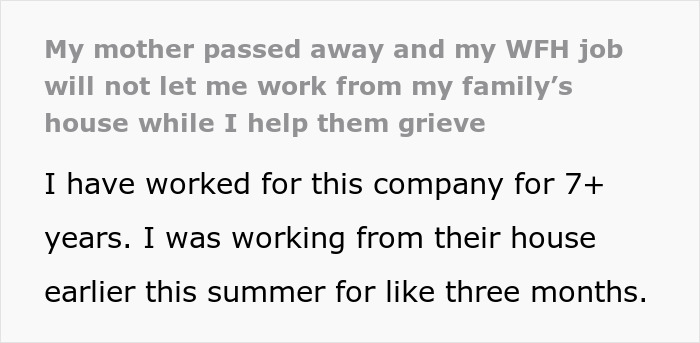
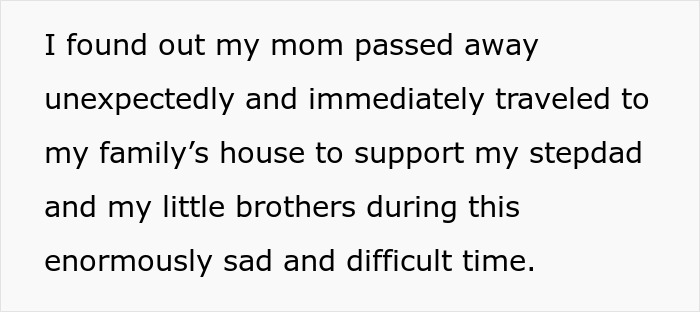

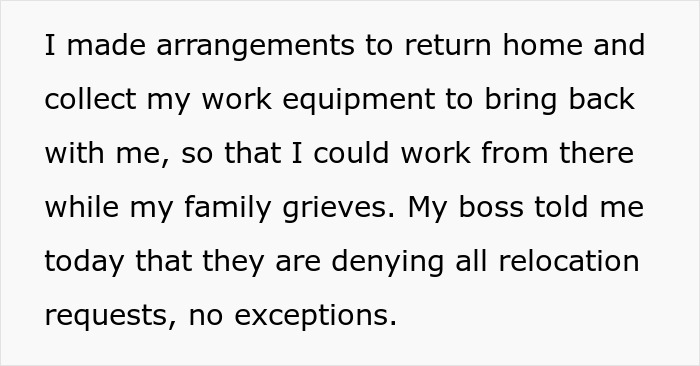


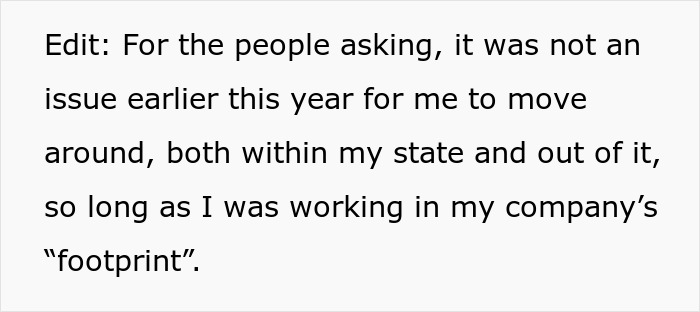

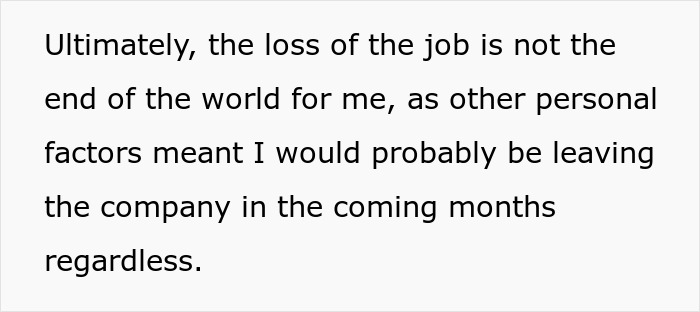

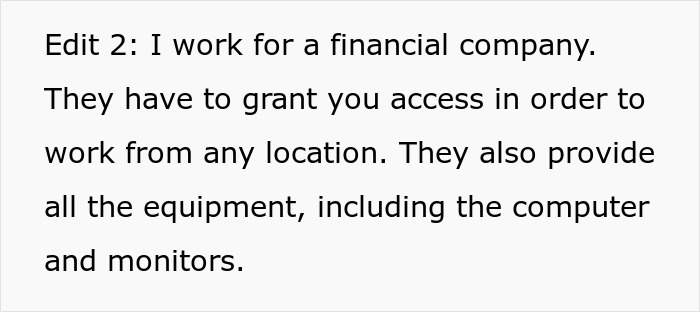
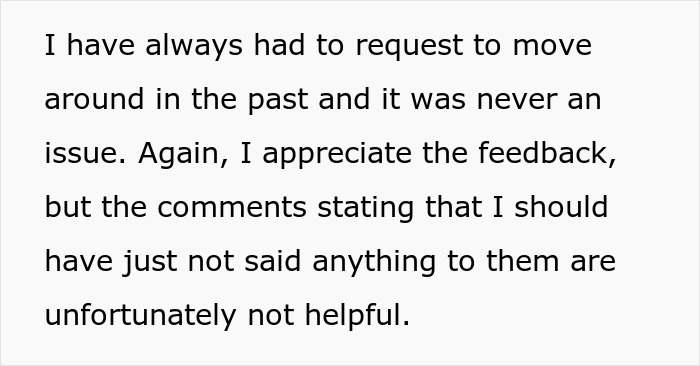



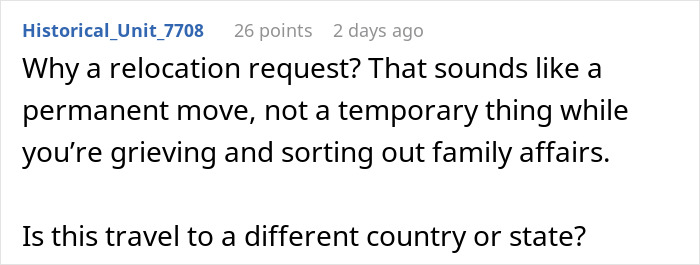


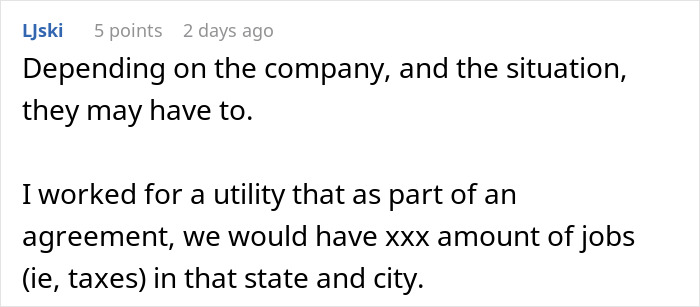
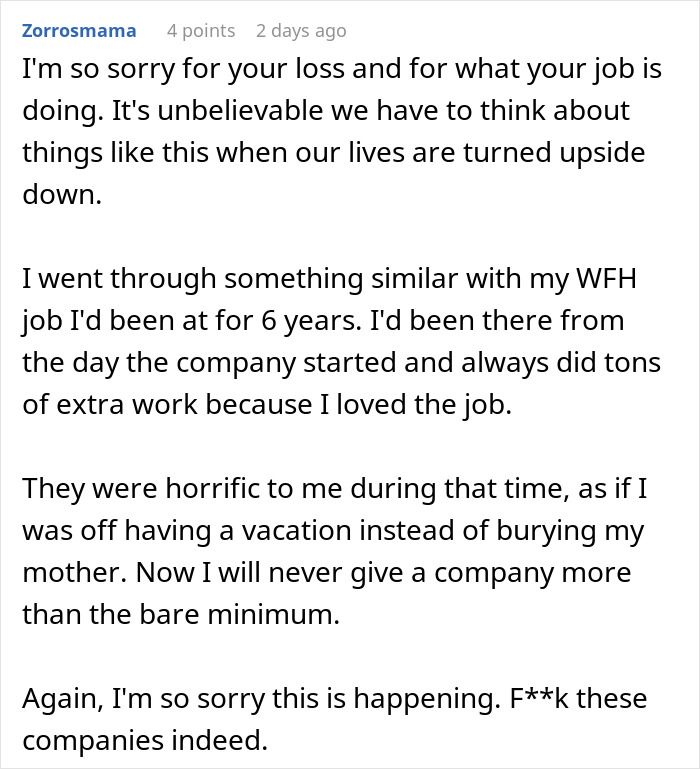
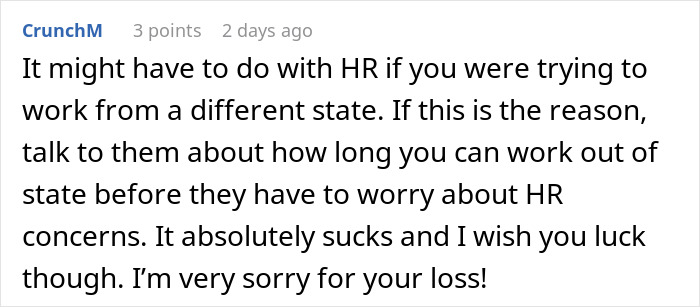

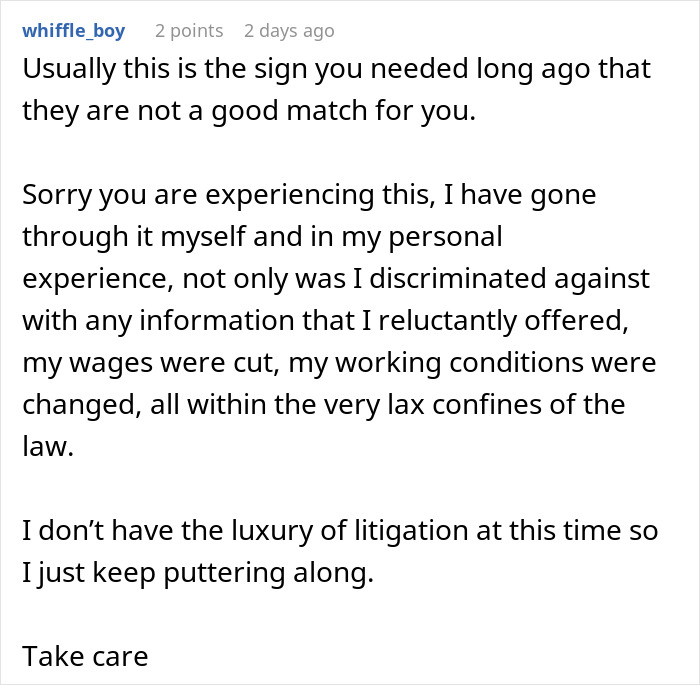
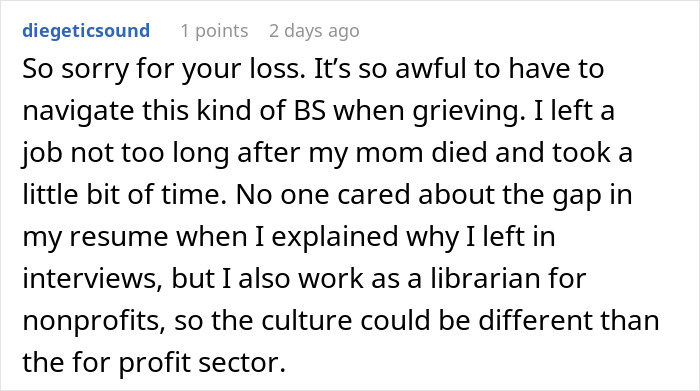














































30
28